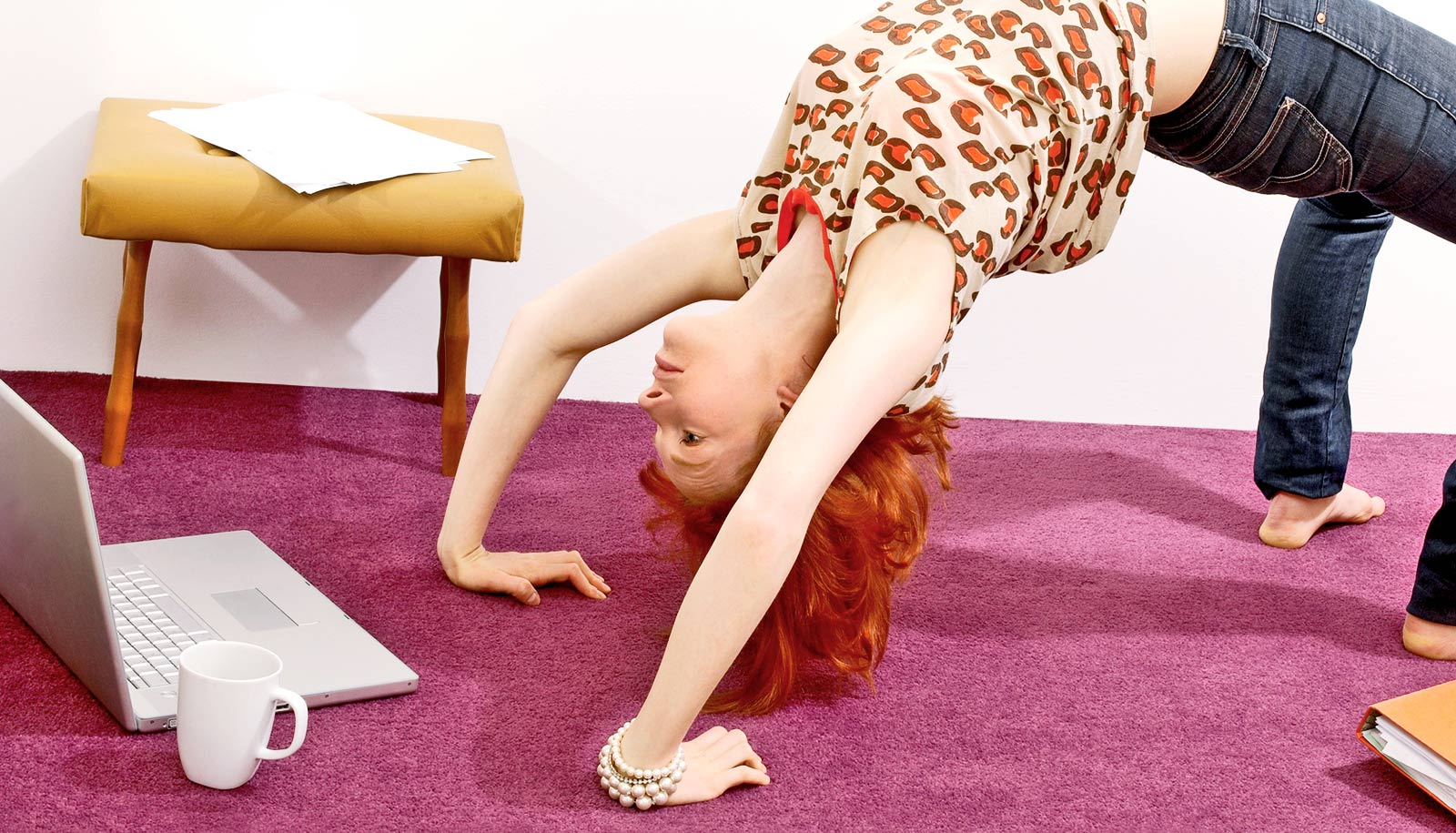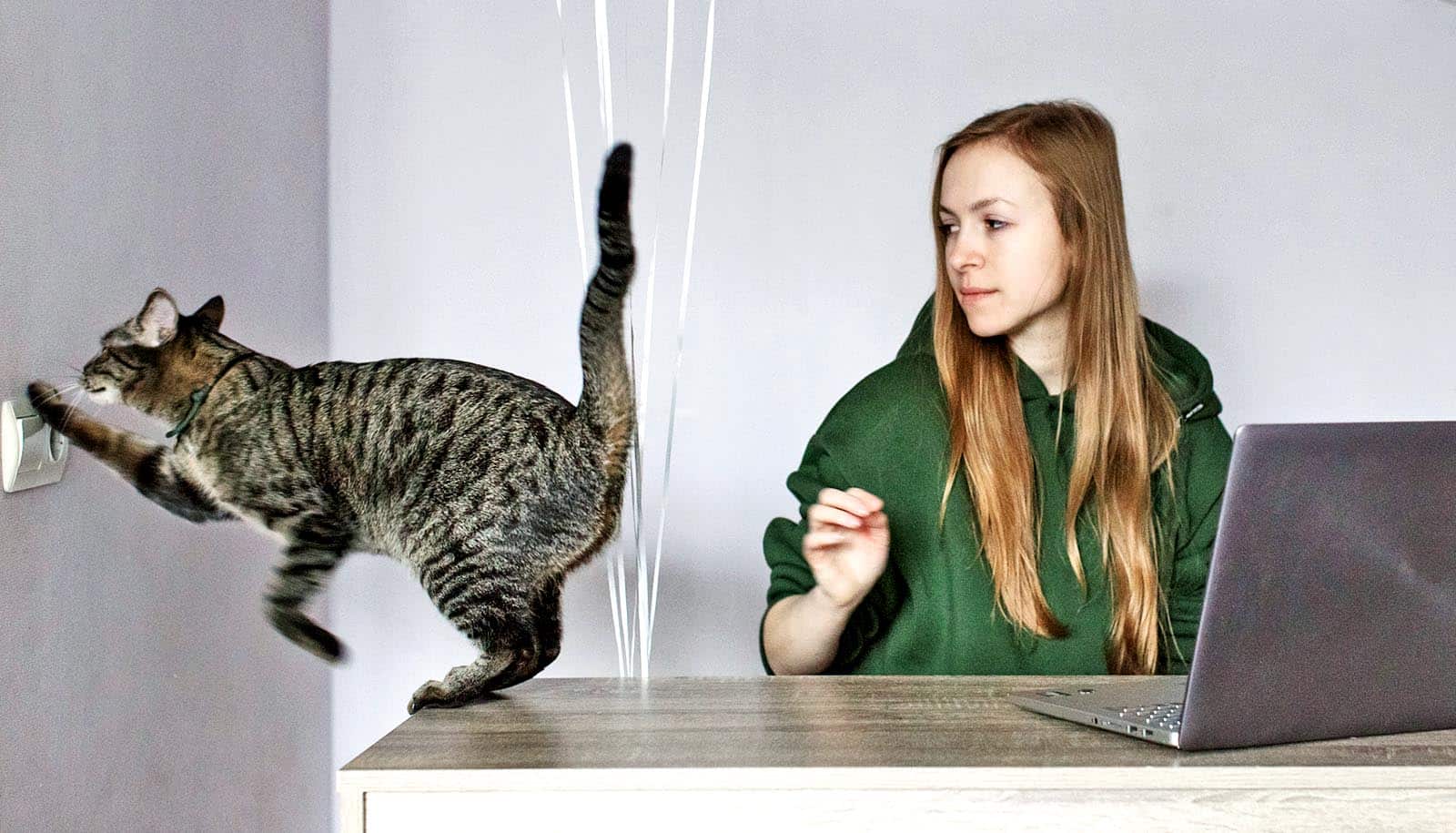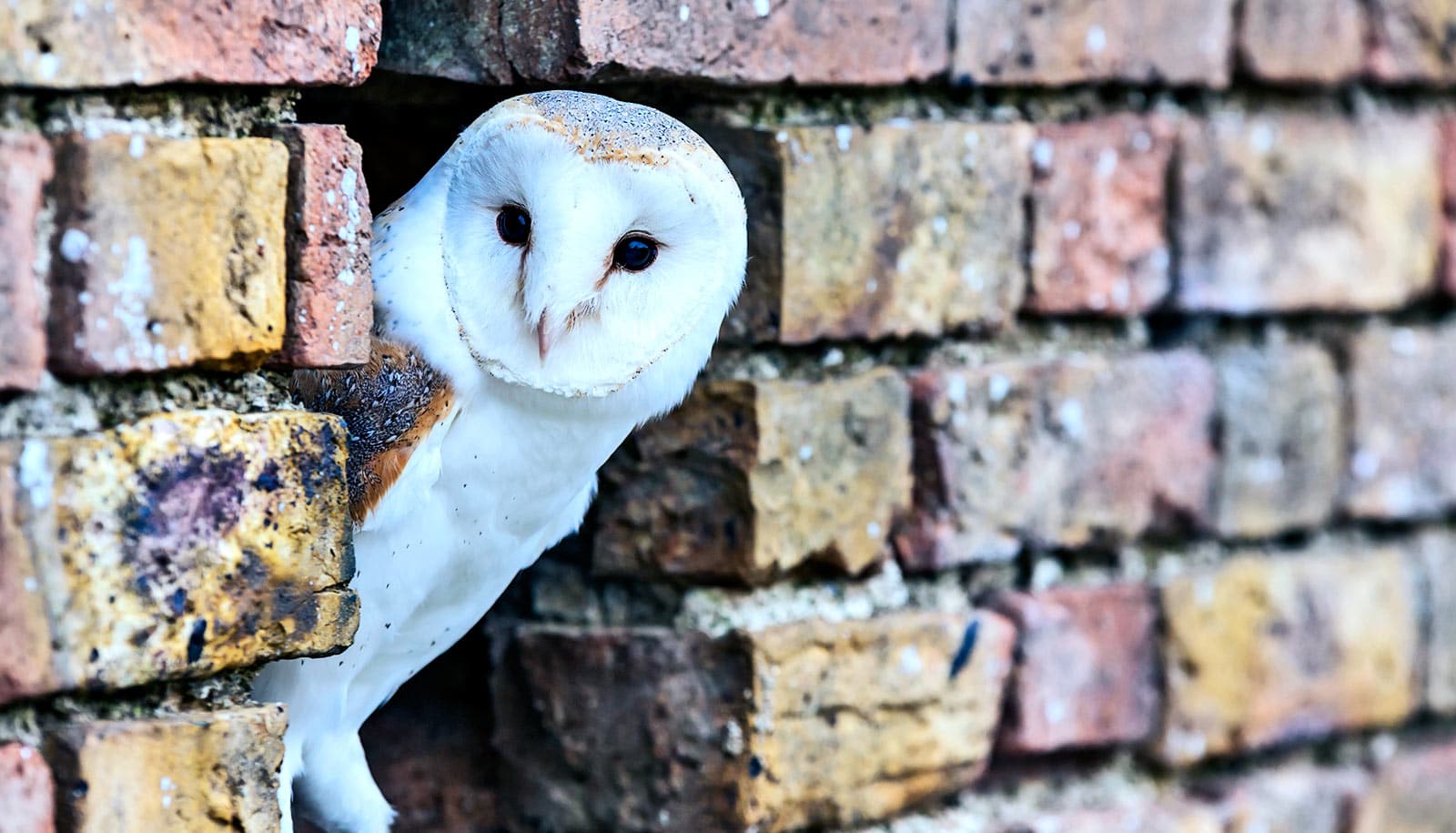
Studies show that multitasking in the classroom diminishes academic performance, and in the workplace it results in $450 billion in lost productivity worldwide each year. (Credit: Getty Images )
If you have to multitask, use these 4 tips to do it better
Research shows that multitasking saps our productivity. But, since modern life demands split attention, here's how to multitask as well as possible.

A new book argues that a little stress can make you more efficient—but expertise is key to multitasking effectively.
Whether you’re texting throughout a meeting or scrolling Twitter while on a phone call, the art of multitasking now occupies not just part of the day, but practically every minute. And despite our insistence that doing more than one activity at a time is more efficient, research reveals that trying to do so much at once costs us not just accuracy but also time.
In fact, studies show that multitasking in the classroom diminishes academic performance, and in the workplace it results in $450 billion in lost productivity worldwide each year. On the safety front, lawmakers have taken steps: 48 states had banned texting while driving by 2019, and 20 states had prohibited drivers from using hand-held cell phones.
Despite these efforts, the art of techno-juggling appears to be here to stay, raising the question: is there a way we can get better at it?
In the new book Clearer, Closer, Better: How Successful People See the World (Ballantine Books, 2020), Emily Balcetis, an associate professor in the New York University psychology department, unpacks research she and others have conducted in vision science, cognitive research, and motivational psychology to offer an account of the habits and practices that successful people use to meet their goals.
Although she’s still skeptical of the culture’s greater multitasking obsession, Balcetis outlines four science-backed tips for working more efficiently:
1. Stress can be an asset
In one study, Emory University’s Diwas Singh KC found that when the demands on ER doctors increased, they doubled down and worked faster because adding to workload can create low levels of stress that actually assist in cognitive functioning.
When we experience something new, unpredictable, or out of our control, our bodies respond by producing hormones like cortisol, adrenaline, and noradrenaline that impact the functioning of our hippocampus, amygdala, and frontal lobes. These brain structures are the most important for learning and memory. Calling on these brain areas to get to work may in fact help us do our jobs better than we would if we weren’t stressed out.
2. Multitasking goes better with expertise
For example, a team of Spanish neuroscientists discovered that the Brazilian soccer phenom Neymar da Silva Santos Júnior showed more efficient brain activity when multitasking compared to less skilled players. Likewise, concert pianists, Formula One drivers, and expert air pistol shooters showed more neural efficiency when performing tasks required for their job compared to their less experienced counterparts.
The amount of neurological real estate and the processing power used when we are doing what we are expert in is far less, freeing up cognitive resources for multitasking more effectively.
3. Don’t multitask when you’re tackling something new
When trying something we haven’t done much before, we’re better off staying focused on the here and now. Performance declines during multitasking because it takes additional time to remind ourselves where we left off in the original activity, and sometimes we never return to finish the job at all.
4. Catch yourself abandoning tasks
Sometimes the reasons we leave one task unfinished and start up another are because of interruptions we can’t plan for or control. But the most often cited reason people gave in a one-week daily diary study was that they simply chose to—about 40% of the time, people decided themselves to leave a job undone and start another.
Another study looked at how frequently administrators and executives in a major corporate environment changed what they were working on. On average, they switched tasks every three minutes and did so more frequently than that when they were working on their computer or phone. If we grow awareness of the fact that we are choosing to switch, and making that choice quite often, we might reign it in.
Source: NYU
The post If you have to multitask, use these 4 tips to do it better appeared first on Futurity.
Share this article:
This article uses material from the Futurity article, and is licenced under a CC BY-SA 4.0 International License. Images, videos and audio are available under their respective licenses.
Related Articles:
How the brain stays focused despite distraction
Aug. 10, 2023 • futurityOwls shed light on how we focus on what’s important
Nov. 1, 2018 • futurityLinks/images:
- https://www.futurity.org/concentration-phone-2287732-2/
- https://www.penguinrandomhouse.com/books/557217/clearer-closer-better-by-emily-balcetis/
- https://www.futurity.org/stress-emotional-support-2288902/
- https://www.futurity.org/skilled-workers-interruptions-1383912-2/
- https://www.cs.drexel.edu/~salvucci/courses/cs680-s11/BK/readings/Czerwinski-CHI04.pdf
- https://dl.acm.org/doi/10.1145/985692.985707
- https://www.nyu.edu/about/news-publications/news/2020/february/how-many-tabs-do-you-have-open-right-now--a-guide-to--potentiall.html
- https://www.futurity.org/how-to-multitask-better-2289552-2/
- https://www.futurity.org


